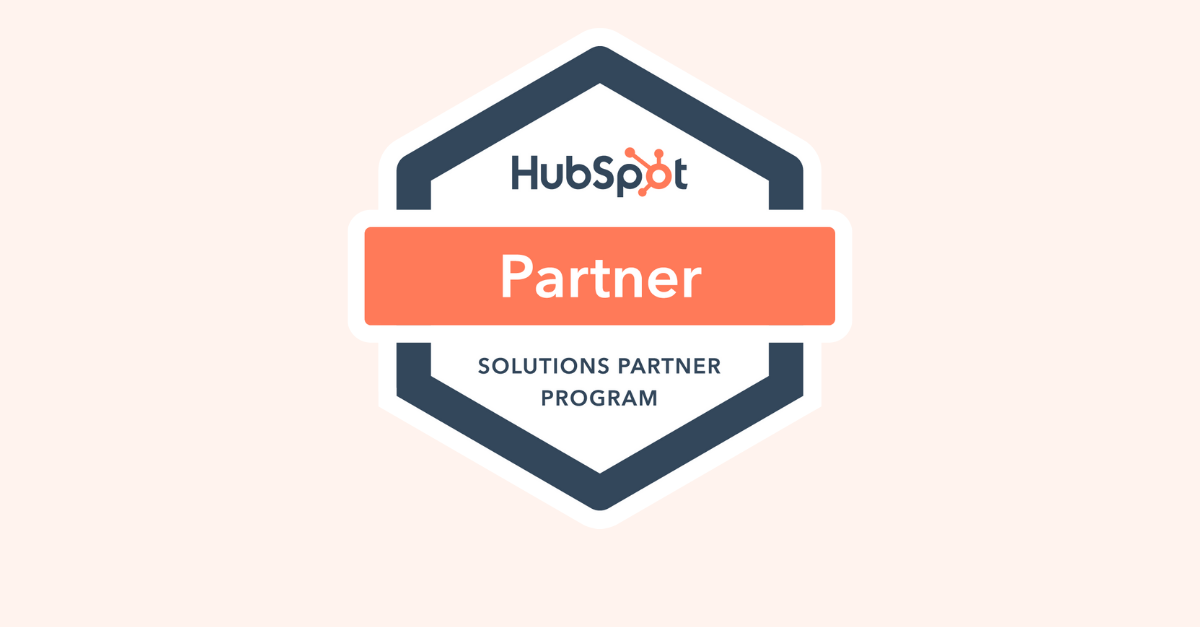Create your 2021 SME business marketing plan
A year ago, as people sat down to write out their predictions for marketing trends in 2020, nobody could have predicted global shifts in remote working that have changed the way that all businesses connect with their audiences. SMEs have certainly been affected by the pandemic – McKinsey research showing that 80% of UK SMEs have seen a revenue impact from the Covid-19 crisis. This makes an investment in marketing strategy even more vital for SMEs, with a focus on bringing in new customers and reaching new audiences.
Looking ahead
We can look to the future with hope and research suggests many SMEs are doing just that. A Veem report showed that 53% of small business owners actually expected to see uptake in their business in 2021. This is a really encouraging sentiment that demonstrates that for many SMEs, the opportunities that existed before the pandemic still exist. It’s just having a plan to navigate the barriers. That’s where we can help. We’re experts in helping SMEs define and connect with their target market and helping them grow.
Here’s our 5 top tips for shaping a pandemic-proof marketing plan that’ll help your business fly in 2021:
1. Digital is the new normal, get your house in order
Digital experiences have much higher value than they did pre-pandemic. This means your website and your social media presence needs to be on point, on message and showcasing the benefits of your products and services. User experience remains very important – your call to action and customer journey needs to be clear. Make it easy for customers to get in touch with you online and offer an experience that is as seamless and enjoyable as possible so they stay with you for the whole journey.
2. Develop a content strategy
If getting your online presence updated is the equivalent of cleaning a house, then an apt analogy for developing your content strategy would be all the valuables inside. Your content strategy is your plan to communicate what your customers need to know and would find useful in ways they’ll enjoy consuming.
For example, a blog is a meaningful way to combine product benefits with industry insights and will help drive organic traffic through to your site. If your customers enjoy reading your blog, they’ll share it. If it genuinely resonates with their challenges, they will visit your site. You can publish it in more than one channel and adapt messaging and themes for your social content.
3. Up your social game
This neatly brings us on to social media. It’s more vital than ever that small businesses are active and engaged on social platforms. This means engaging on your page and demonstrating that you can solve a customer’s problem and care about their experience. It’s a shift from transactional selling to a relationship based one but it’s a valuable differentiation to make and one that will ensure greater customer loyalty and advocacy in the long-term. We can help you develop targeted social campaigns and shape messaging that will resonate with your customers on LinkedIn, Facebook, Instagram or Twitter.
4. Authentic and socially conscious
Influencer marketing is set to continue growing in 2021 but don’t worry if you haven’t got an A-list budget, some of the best performing posts on social come from users and advocates. 2020 has seen a shift towards heightened value on meaningful digital experiences, increased authenticity and higher engagement with socially conscious brands. This is a natural reflection of the times we live in, so don’t be afraid to stand for something. If being a brand activist isn’t for you, that’s okay, just work on communicating with your customers in an honest and straightforward way and if you can get them to sing your praises on social, it will resonate with your desired audience.
5. Boldly uncover new opportunities
In tough times it’s tempting to play it safe and refrain from starting something new; the catch 22 is that new activity is exactly what will guarantee a healthy supply of new customers in 2021. If your inbound enquiries have dropped off, we can work with you to create demand generation campaigns that will build and nurture your key prospects and relationships and convert them into engaged customers. We use all of the aforementioned tactics and mediums plus more to deliver relevant content and messaging to your target audience and produce marketing qualified leads (MQLs) for your sales team to follow up.
If you’d like to talk more about how we can help you create a marketing strategy that will ensure your business grows and thrive in 2021, get in touch today on 01392 796 702.










